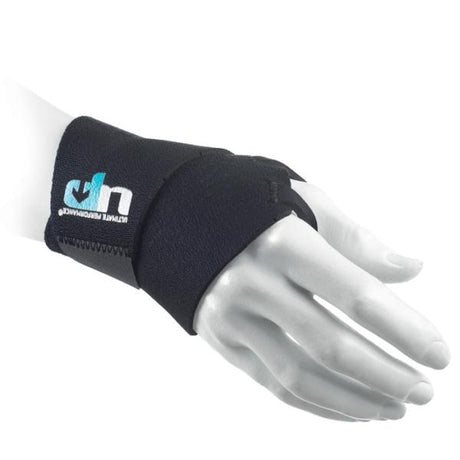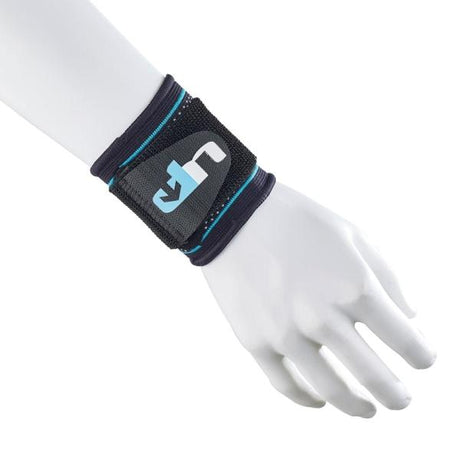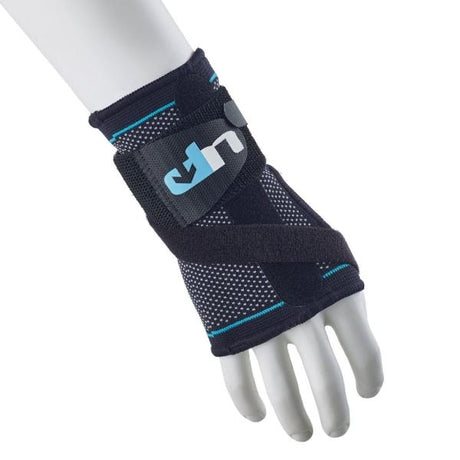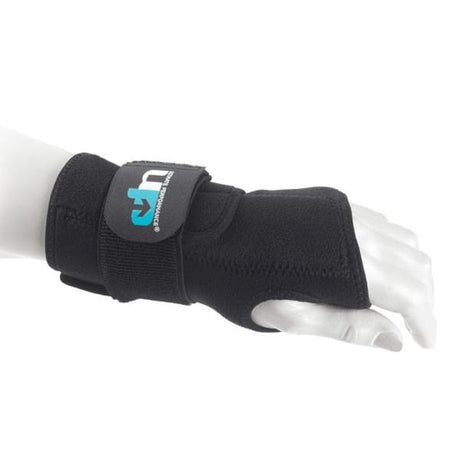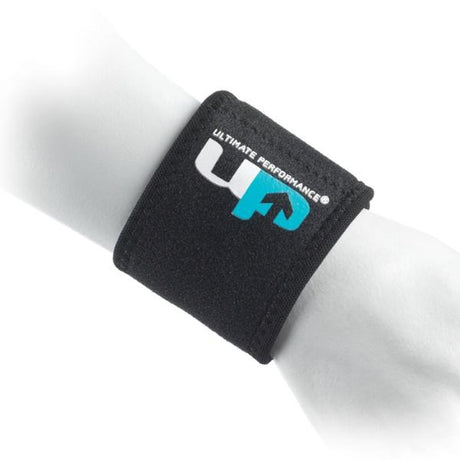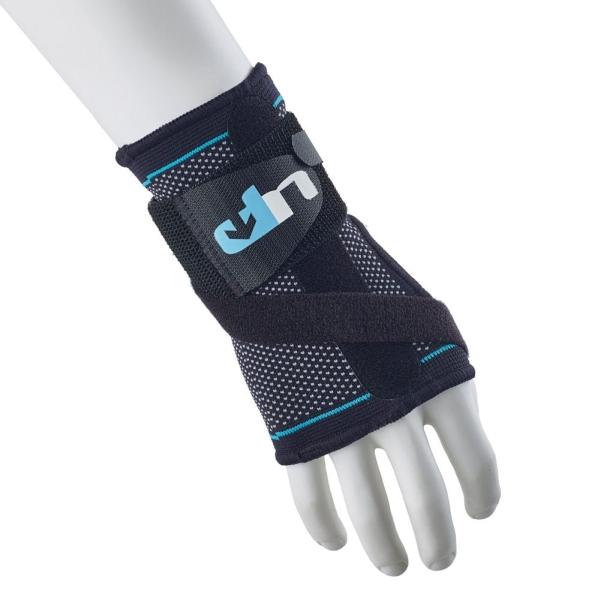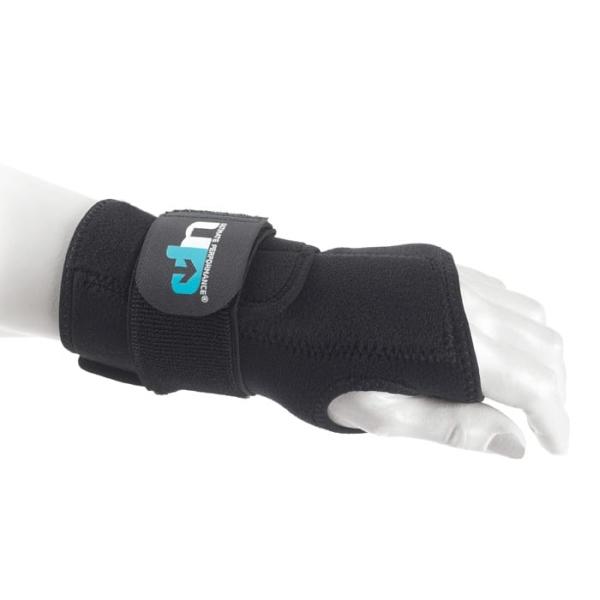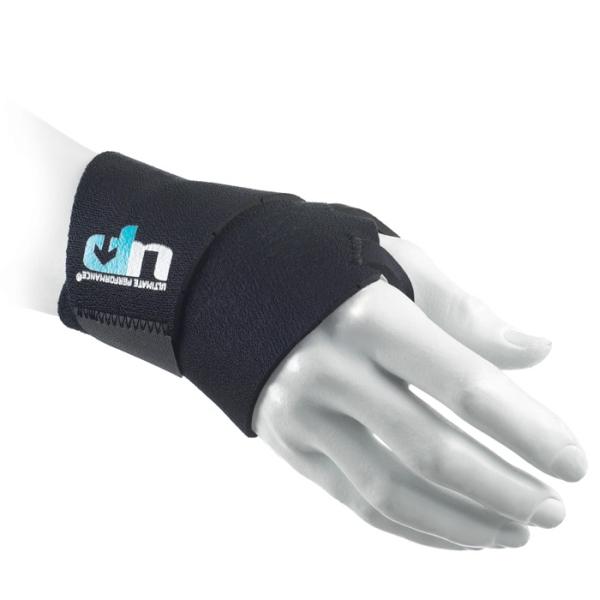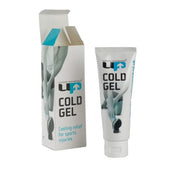FREE COLD GEL WORTH £6
With Selected SupportsAdvanced Ultimate Compression Wrist Support - UP5177
Regular price £18.00Unit price /UnavailableIn stockAdvanced Ultimate Compression Wrist Brace - UP5186
Regular price £28.00Unit price /UnavailableIn stock
What is RSI?
Repetitive Strain Injury (RSI) is a general term used to describe pain and injury to the muscles, nerves, tendons, and other soft tissues caused by repetitive motion or overuse. It is common in people who perform repetitive tasks, such as typing, clicking a mouse, writing, or performing assembly line work.
Symptoms of RSI vary but often include:
- Pain, aching, or tenderness in the affected area.
- Swelling or inflammation.
- Numbness or tingling.
- Weakness or reduced range of motion.
- Sensations of "pins and needles" or burning.
Common types of RSI
- Carpal Tunnel Syndrome: Compression of the median nerve as it passes through the wrist, leading to numbness, tingling, and weakness in the hand.
- Tendonitis: Inflammation of a tendon, often affecting the wrists, elbows, or shoulders.
- Tenosynovitis: Inflammation of the sheath that surrounds a tendon, causing pain and swelling.
What is the best RSI wrist support?
When dealing with Repetitive Strain Injury (RSI) in the wrist, using the right wrist support makes a significant difference in comfort, recovery, and preventing further injury. The best wrist supports for RSI typically maintain your wrist in a neutral position. As a result, this reduces pressure on the median nerve, limiting movements that cause pain. Compression supports your wrist and reduces any swelling. Neoprene retains body heat. In particular, tendons work best when kept warm.
Here are some common types of wrist supports and braces that are considered effective for managing RSI:
Wrist Splints for RSI
If your RSI is particularly painful or acute, or you have carpal tunnel syndrome then an RSI wrist splint that immobilises the wrist might be best. They are particularly useful for night time use to prevent unintentional bending of the joint.
Wrist Wraps
Wrist wraps for RSI provide compression and support without the rigidity of a splint. They can be helpful during activities that require more wrist flexibility but still pose a risk of strain or overuse.

Ultimate Performance Supports
All our Supports & Braces are registered class 1 Medical devices. This means they are designed and tested, with evidence based research to prove they are safe and effective.

